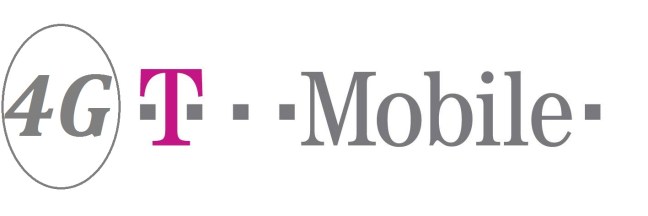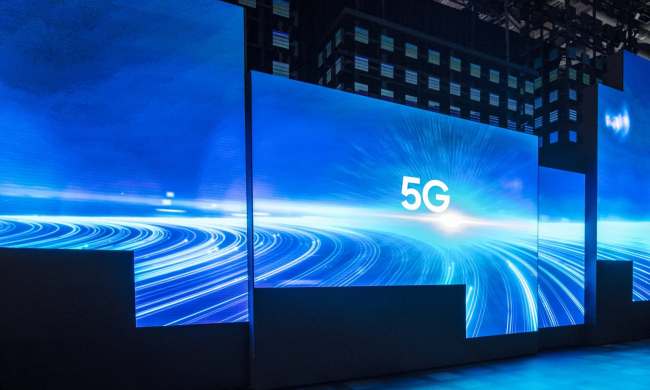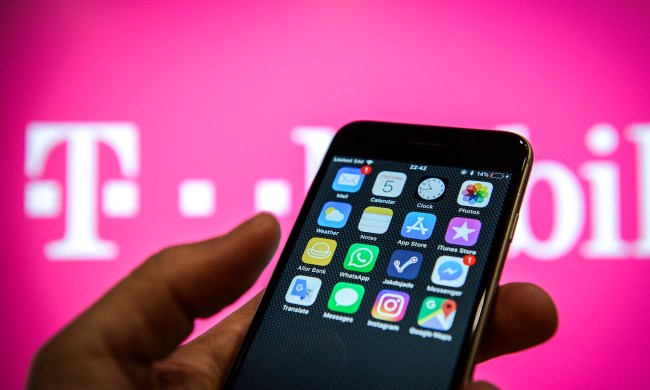 T-Mobile is following in Sprint’s footsteps and will also be producing a 4G tablet to hit shelves in 2011. Both companies have competed in the 4G market and looks as if their rivalry will now extend to tablets.
T-Mobile is following in Sprint’s footsteps and will also be producing a 4G tablet to hit shelves in 2011. Both companies have competed in the 4G market and looks as if their rivalry will now extend to tablets.
Just to clarify, T-Mobile will in fact be creating a tablet that runs on HSPA+, which doesn’t technically qualify as 4G based on ITU standards, but neither does Sprint’s WiMax network. However the technology performed respectable in our hands-on speed tests and the company asserts that since this technology is (at times) capable of outperforming 4G devices, so it should qualify for what is becoming the loose title.
And it sounds like T-Mobile has big plans for 4G. According to a last-minute press release issued in the wake of Sprint’s announcement, T-Mobile “will continue to be at the forefront of wireless innovation, delivering an aggressive 4G product lineup in 2011, including 4G tablets.”
Neither T-Mobile or Sprint offered any details besides the 4G capabilities of their tablets, so OS, pricing, release dates, and manufacturers are yet unknown.
Verizon, Sprint, and T-Mobile are all competing in the 4G arena, and it’s only natural to assume the devices they offer with the service would soon include tablets. It looks like competition is heating up, as the New Year will bring at least two 4G tablets (should we expect an announcement from Verizon next?). Keep in mind that they’ll have to compete with the iPad 2, rumored to be coming in February 2011. Details on its connectivity haven’t emerged yet, but with AT&T promising to launch its LTE network in mid-2011 and even selling LTE-compatible devices already, a 4G iPad might not be out of the question, either.


